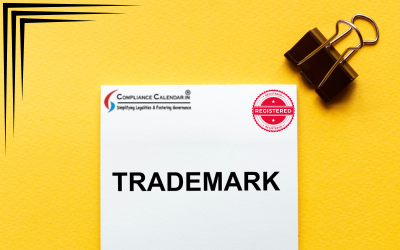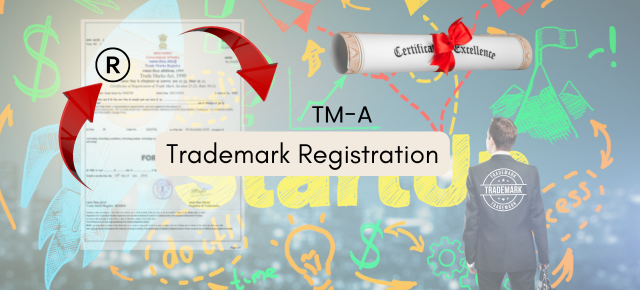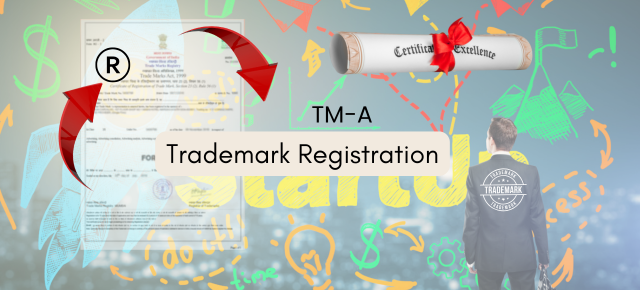 Affiliate Blog Copy – Sell Without Selling. Earn More Now!
Affiliate Blog Copy – Sell Without Selling. Earn More Now!
Can I Sue Someone for Using My Trademark?
Written by Naresh Vardaan » Updated on: June 17th, 2025

Nowadays modest business scene, trademarks are invaluable assets. They distinguish your brand, build customer trust, and set you apart from competitors. But what happens when someone uses your trademark without permission? Can you sue them? The short answer is yes, but the process is nuanced and requires a clear understanding of trademark law.
What Constitutes Trademark Infringement?
Trademark infringement occurs when someone uses a mark that is identical or confusingly similar to your registered trademark without your permission. To determine infringement, courts typically consider the following factors:
1. Likelihood of Confusion: Would consumers likely confuse the infringing mark with your trademark? This is the most critical factor in infringement cases.
2. Similarity of the Marks: Are the marks visually, phonetically, or conceptually similar?
3. Similarity of Goods or Services: Are the products or services associated with the marks related?
4. Strength of the Trademark: Is your mark distinctive and well-known?
5. Intent of the Infringer: Did the infringer knowingly use your mark to benefit from your brand’s reputation?
If these factors point to infringement, you may have a strong case to sue the offending party.
Can You Sue Someone for Using Your Trademark?
Yes, you can sue someone for using your trademark if they are infringing on your rights. However, before filing a lawsuit, it’s essential to ensure that your trademark is legally registered. While common law rights may protect unregistered marks in some jurisdictions, registered trademarks offer stronger legal protection and make it easier to enforce your rights.
Steps to Take Before Suing
1. Verify Your Trademark Registration: Make sure your trademark is registered with the appropriate government authority, such as the United States Patent and Trademark Office (USPTO) or the relevant agency in your country.
2. Gather Evidence: Document the infringement, including screenshots, advertisements, or product packaging that show the unauthorized use of your mark.
3. Send a Cease-and-Desist Letter: Before filing a lawsuit, send a formal letter demanding that the infringer stop using your trademark. Many disputes are resolved at this stage.
4. Consult an Attorney: Trademark law is complex, and an experienced intellectual property attorney can help you navigate the legal process.
What Remedies Are Available in a Trademark Infringement Lawsuit?
If you successfully prove trademark infringement, you may be entitled to several remedies, including:
1. Injunctions: A court order preventing the infringer from using your trademark.
2. Monetary Damages: Compensation for lost profits, damages to your brand’s reputation, and any profits the infringer gained from using your mark.
3. Destruction of Infringing Goods: The court may order the infringer to destroy or surrender counterfeit products.
4. Attorney’s Fees: In some cases, the court may require the infringer to pay your legal fees.
Defenses Against Trademark Infringement Claims
If you’re accused of trademark infringement, there are several defenses you can raise:
1. Fair Use: Using a trademark for descriptive purposes, parody, or commentary may be considered fair use.
2. Prior Use: If you used the mark before the trademark owner, you may have rights to continue using it in certain geographic areas.
3. No Probability of Confusion: If your mark is sufficiently different and unlikely to cause confusion, you may not be liable for infringement.
4. Abandonment: If the trademark owner has stopped using the mark, they may no longer have enforceable rights.
How to Protect Your Trademark
Preventing trademark infringement is far easier than dealing with it after the fact. Here are some proactive steps to protect your brand:
1. Register Your Trademark: File for trademark registration in all relevant jurisdictions.
2. Monitor Your Mark: Regularly search for unauthorized uses of your trademark online and in the marketplace.
3. Enforce Your Rights: Take swift action against infringers to prevent further damage.
4. Educate Your Team: Ensure your employees and partners understand the importance of trademark protection.
5. Renew Your Registration: Trademarks require periodic renewal to maintain protection.
Real-Life Examples of Trademark Infringement Cases
1. Apple vs. Samsung: In one of the most famous trademark disputes, Apple sued Samsung for copying the design of its iPhone. The case resulted in a $1 billion verdict in favor of Apple, though the amount was later reduced.
2. Adidas vs. Payless: Adidas successfully sued Payless for selling shoes with a similar stripe design, resulting in a $305 million judgment.
3. McDonald’s vs. McCurry: McDonald’s sued a Malaysian restaurant for using the “Mc” prefix, but the court ruled in favor of the restaurant, stating there was no likelihood of confusion.
These cases highlight the importance of protecting your trademark and the potential consequences of infringement.
FAQs About Trademark Infringement
1. Can I sue for trademark infringement if my mark isn’t registered?
Yes, but it’s more challenging. Unregistered marks may be protected under common law, but registration strengthens your case.
2. How long does a trademark lawsuit take?
The duration varies, but trademark lawsuits can take months or even years to resolve, depending on the complexity of the case.
3. What if the infringer is in another country?
Trademark rights are territorial, so you’ll need to enforce your rights in the country where the infringement occurred. International treaties like the Madrid Protocol can help streamline the process.
4. Can I sue for trademark infringement on social media?
Yes, social media platforms have policies to address trademark infringement, and you can take legal action if necessary.
Final Remarks
Trademark infringement is a serious issue that can harm your brand’s reputation and bottom line. If someone is using your trademark without permission, you have the right to sue them. However, the process requires careful preparation, strong evidence, and often the guidance of a skilled attorney.
By registering your trademark, monitoring its use, and taking swift action against infringers, you can protect your brand and maintain its value in the marketplace. Remember, your trademark is more than just a logo or slogan. It’s the embodiment of your business’s identity and reputation. Don’t let anyone undermine it.
If you suspect trademark infringement, don’t wait. Consult an intellectual property attorney to explore your options and take the necessary steps to defend your rights. Your brand is worth it.
Note: IndiBlogHub features both user-submitted and editorial content. We do not verify third-party contributions. Read our Disclaimer and Privacy Policyfor details.
Copyright © 2019-2025 IndiBlogHub.com. All rights reserved. Hosted on DigitalOcean for fast, reliable performance.












